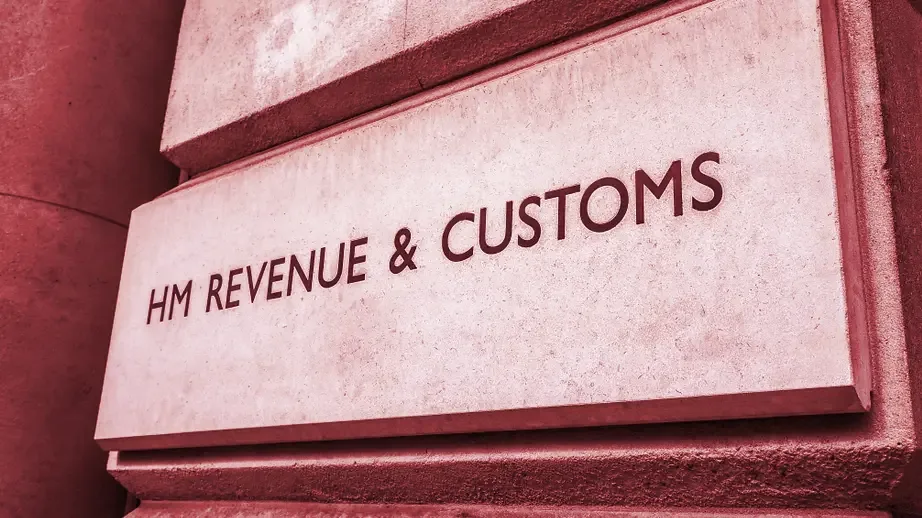

The UK’s tax authority—Her Majesty’s Revenue and Customs (HMRC)—has seized three NFTs as part of a wider investigation concerning VAT (goods and services tax) fraud, per the BBC.
This is the first time HMRC has seized an NFT.
The deputy director of economic crime, Nick Sharp, told the BBC this example “serves as a warning to anyone who thinks they can use crypto assets to hide money from HMRC.”
“We constantly adapt to new technology to ensure we keep pace with how criminals and evaders look to conceal their assets,” the deputy director added.
According to the BBC, HMRC said it secured a court order to detain the NFTs, which were seized alongside approximately $6,700 worth of crypto assets.
The suspects involved also reportedly used “sophisticated methods” to conceal their identities. These involved false addresses, prepaid burner phones, the use of VPNs, and falsified invoices.
HMRC’s seizure of three NFTs comes amid a string of similar stories indicating how NFTs can be used to facilitate illicit activity.
Earlier this month, blockchain analytics firm Chainalysis released a report that detected significant evidence of wash trading and money laundering throughout the NFT industry.
“As is the case with any new technology, NFTs offer potential for abuse. It’s important that as our industry considers all the ways this new asset class can change how we link the blockchain to the physical world, we also build products that make NFT investment as safe and secure as possible,” Chainalysis said at the time.
Of course, it’s not just HMRC that has concerns over digital collectibles and illicit activity. Last year, the London Metropolitan Police’s Art and Antiques Unit told Decrypt it was “very much aware” of the risks that surrounded NFTs.
A spokesperson for the unit said the relative anonymity of blockchains allows individuals to conceal their identity. They added it was “possible that the exchange of NFTs between users could constitute money laundering in the form of layering or integration.”
